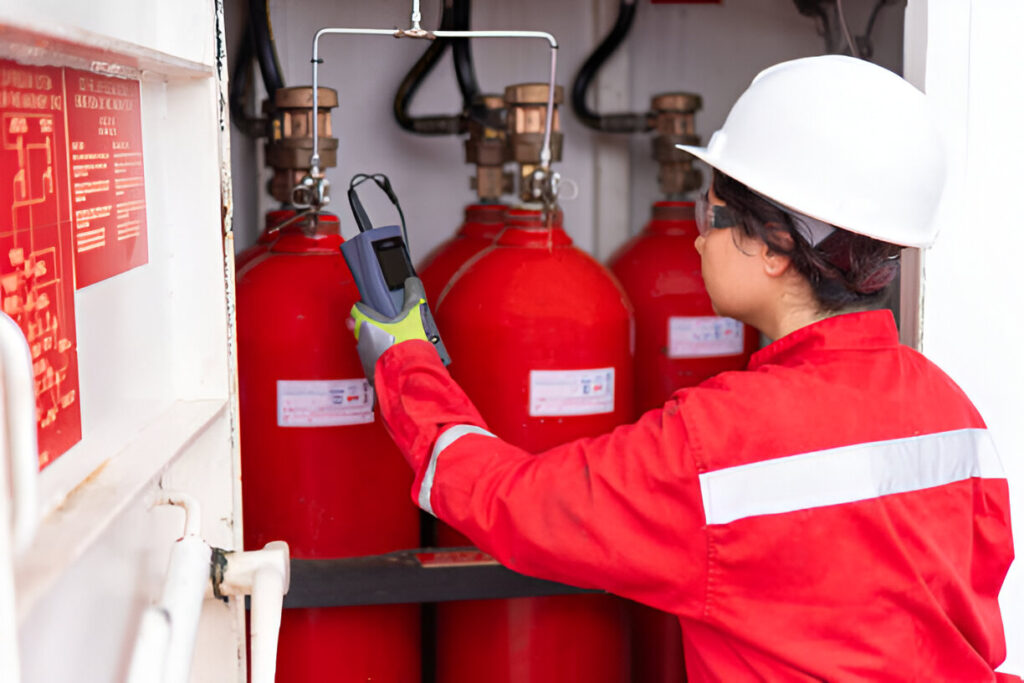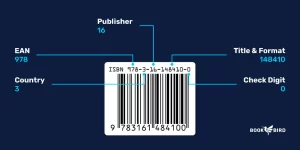Running a small business comes with numerous responsibilities, and ensuring the safety of your employees and property is one of the most important. One crucial safety feature that often goes overlooked is a fire suppression system. Fire hazards are a real threat to businesses, and having the right fire suppression system in place can make the difference between recovery and devastating losses. In this article, we’ll explore the importance of selecting the right fire suppression system for small businesses and how to make an informed decision.
Fire Suppression Systems
Before diving into the specifics of selecting the right system, it’s important to understand what fire suppression systems are and how they work. A fire suppression system is a combination of equipment designed to detect and control or extinguish fires in a building or facility. These systems use various agents, including water, foam, dry chemicals, or gases, to put out the fire.
The design of the system will vary depending on the type of business, the nature of the materials involved, and the space where the system is installed. For example, a restaurant may need a kitchen fire suppression system, while a data center may require a gas-based suppression system to avoid damage to sensitive equipment. Each fire suppression system works differently but shares the common goal of reducing fire damage and saving lives.
Factors to Consider When Choosing a Fire Suppression System
Selecting the right fire suppression system is not a one-size-fits-all decision. It requires considering various factors, such as the size of your business, the type of hazards present, and the local regulations. Let’s explore some of the critical considerations you should keep in mind when choosing a system for your small business.
Type of Business and Potential Fire Hazards
The first step in choosing the right fire suppression system is understanding the potential fire hazards within your business. For instance, a restaurant with deep fryers, grills, and open flames will face a different risk profile than an office or retail store. Restaurants and kitchens typically need a wet chemical system designed to handle grease fires, while offices may only need a basic sprinkler system.
Space and Layout of the Business
The size and layout of your business will influence the type of fire suppression system you need. Small businesses with open spaces may benefit from a traditional sprinkler system, while businesses with more complex layouts or high-value equipment may need specialized suppression systems such as CO2 or clean agent systems. It’s essential to choose a system that can cover all areas of the business adequately.
Local Fire Codes and Regulations
Each local municipality has specific fire codes and regulations that businesses must follow. These regulations dictate the type of fire suppression systems required for various business types, and failing to comply can result in fines or penalties. Be sure to check with local authorities to understand the specific requirements for your area, and work with a licensed fire protection professional to ensure you meet all standards.
Types of Fire Suppression Systems for Small Businesses
Fire suppression systems come in a range of types, each designed for different applications. Below are some common types of fire suppression systems used in small businesses:
Water-Based Systems
Water-based fire suppression systems in corona, including sprinklers and standpipes, are the most commonly used type of fire suppression system. These systems are effective for most types of fires, especially in businesses with general fire hazards. Sprinkler systems can automatically detect and suppress a fire by releasing water through pipes installed throughout the building.
While they are effective, water-based systems may not be suitable for businesses with valuable equipment, such as servers or delicate electronics. For these businesses, a water-based system could cause significant property damage, even if it successfully extinguishes the fire.
Chemical-Based Systems
Chemical-based fire suppression systems use dry chemicals to suppress fires. These systems are commonly used in kitchens and industrial settings where flammable liquids and grease are prevalent. They are designed to extinguish fires quickly by interrupting the chemical reactions that sustain combustion.
Chemical systems are highly effective for grease fires but are not suitable for all fire types. For example, they may not work well for electrical fires or fires in areas with sensitive equipment. In those cases, other systems like gas-based or clean agent suppression systems would be better suited.
Clean Agent Systems
Clean agent fire suppression systems use non-toxic gases such as FM-200 or Inergen to suppress fires without causing harm to electronics, machinery, or documents. These systems are ideal for businesses that house sensitive equipment, such as data centers, server rooms, and medical facilities. The agents used in these systems effectively put out fires without leaving residue, making them perfect for environments that require minimal disruption.
CO2 Fire Suppression Systems
Carbon dioxide (CO2) systems are effective for electrical fires or fires in areas with sensitive equipment. CO2 systems are designed to displace oxygen in a room, suffocating the fire. These systems are commonly used in businesses that have server rooms, electrical equipment, or industrial machinery. However, CO2 systems must be used with caution, as they can be hazardous to people in the area.
Wet Chemical Systems
Wet chemical fire suppression systems are specifically designed for kitchens and cooking environments where grease fires are a concern. These systems use a liquid agent to cool and suppress the fire quickly. Wet chemical systems are highly effective in commercial kitchens and are often required by fire codes for restaurant businesses.
Installation and Maintenance
After selecting the right fire suppression system, it’s essential to ensure that it is installed and maintained properly. The installation process should be carried out by a licensed and experienced fire protection professional who is familiar with the local fire codes and regulations. Proper installation ensures the system is set up correctly to respond in the event of a fire.
Maintenance is another crucial aspect of fire suppression systems. Regular inspections and testing should be conducted to ensure the system is functioning correctly and ready to protect your business. Failure to maintain a fire suppression system can result in it being ineffective when you need it most.
Benefits of Fire Suppression
Investing in a fire suppression system offers several benefits for small business owners. Here are some of the key advantages:
- Reduced Risk of Fire Damage: Fire suppression systems help mitigate the damage caused by fires, allowing businesses to recover faster.
- Enhanced Employee Safety: A fire suppression system can save lives by quickly extinguishing a fire before it spreads.
- Insurance Benefits: Many insurance companies offer discounts to businesses with fire suppression systems installed, as it reduces the risk of large claims.
- Compliance with Fire Codes: Installing the appropriate fire suppression system helps ensure compliance with local fire codes and regulations.
Conclusion
Choosing the right fire suppression system for your small business is crucial for protecting your assets, employees, and reputation. By understanding the types of systems available and evaluating the specific needs of your business, you can make an informed decision that keeps your business safe. Whether you operate a restaurant, office, or industrial facility, there is a fire suppression system that can meet your needs.
In times of stress and uncertainty, such as during a fire emergency, it can be comforting to know that there are practices beyond physical safety that can provide peace of mind. Incorporating practices like Reiki Healing Online can also play a role in maintaining a calm and focused mindset during such challenging times. Investing in both physical and mental well-being contributes to a safer and more resilient business environment.
Fire safety is not just about choosing the right equipment; it’s about creating a comprehensive safety plan that protects your business in all aspects. By selecting the right fire suppression system and ensuring proper installation and maintenance, you can safeguard your business from the devastating effects of fire.





